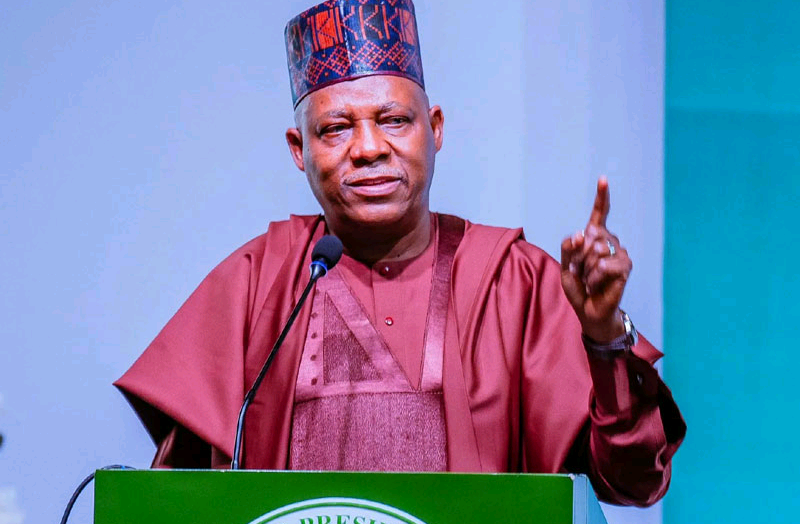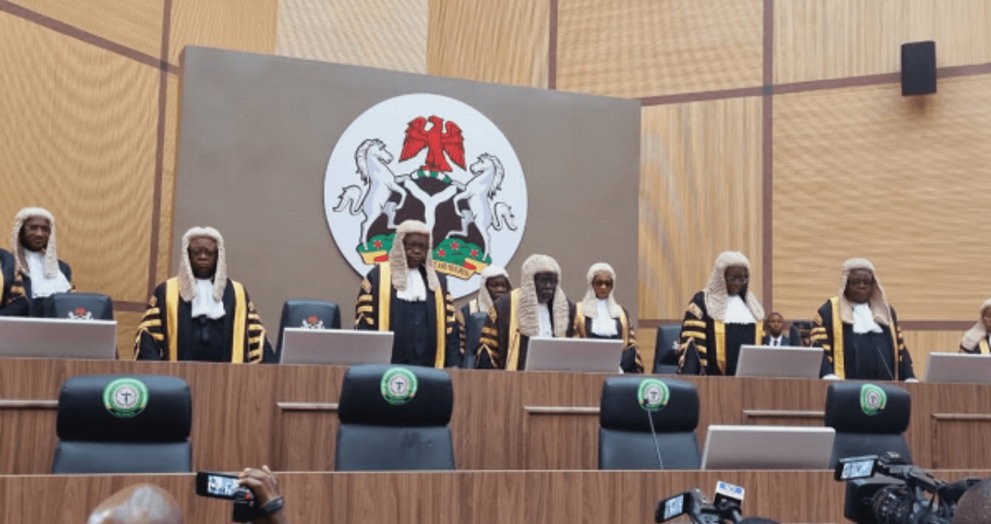SENATOR NATASHA AKPOTI-UDUAGHAN ARRAIGNED OVER ALLEGED DEFAMATION OF SENATE PRESIDENT AKPABIO
Senator Natasha Akpoti-Uduaghan was arraigned before the FCT High Court on charges bordering on criminal defamation and malicious falsehood against Senate President Godswill Akpabio. Prof. Reuben Micah, Centre for Justice and Institutional Integrity (CJII), in a statement described the development as a turning point in the saga that has seen Senator Natasha make unfounded allegations of sexual harassment and attempted murder against the Senate President. Prof. Reuben Micah said, “This crisis began when Senator Natasha, without any trigger or provocation, began making grievous accusations — alleging that the Senate President ordered the former Governor of Kogi State to kill her, and further claiming she had been sexually harassed by him.” Micah added that these claims were made loudly, repeatedly, and recklessly across various media platforms, including international outlets, without any evidence to back them up. When the courts moved to hold her accountable, Senator Natasha went into hiding, dodging service of court summons and frustrating due process at every turn. Micah noted that the same woman who eagerly jumped from one TV studio to the next became suddenly unreachable when it was time to defend her claims in a court of law. The case has now been adjourned to September 23, 2025, and Senator Natasha has been granted bail in the sum of N50 million with one surety in like sum. Reuben Micah emphasized that this is not a witch hunt or victimization, but accountability and justice, saying, “Senator Natasha Akpoti-Uduaghan must now do what she has avoided for months — prove her claims or face the consequences of defamation. No more distractions. No more pity parties. No more lies. The era of weaponizing falsehood for personal gain is over.” Senator Natasha pleaded not guilty to the charges and was granted bail by Justice Chizoba Orji, who noted that the alleged offense was not a capital one and that the law presumes her innocent for now.












































































































































































































































































































































































































































































































































































































































































































































































































































































































































































































































































































































































































































































































































































































































































































































































































































































































































































































































































































